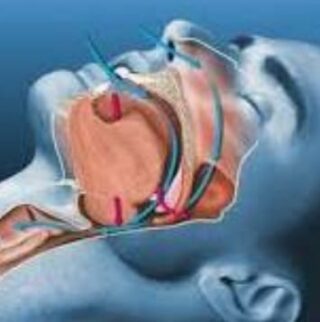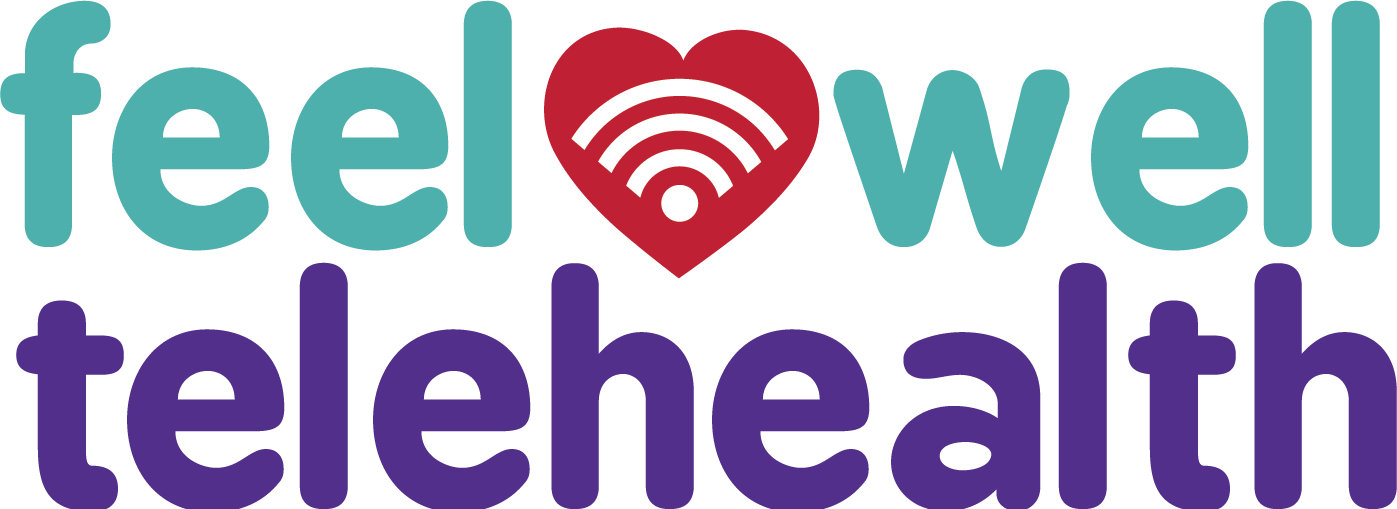Are you tired of being tired? Is it time to check for sleep apnea?

If you’re feeling tired, it can be due to many reasons. Today you’ll find out if you’re feeling tired due to sleep apnea.
Are you sleeping 7 to 8 hours per night, but feeling tired when you wake up in the morning and sleepy during the day?
Over 85% of people with sleep apnea are not diagnosed.
Do you…
- Snore loudly?
- Gasp for air when sleeping?
- Have excess weight or obesity?
- Have a large neck size?
- Wake up with a headache?
- Feel irritable?
- Have low energy level?
- Have difficulty with focus or concentration?
- Go to the bathroom more than twice at night?
- Have low sex drive or sexual dysfunction?
- Take medication for high blood pressure, heart disease, diabetes?
If you answered yes to a couple of these questions, you may be high risk for sleep apnea!
You have Obstructive sleep apnea if you stop breathing for 10 seconds or more for at least 5 times per hour when you’re sleeping.
The causes for sleep apnea are complex and different for each person.
When you sleep your airway muscles and soft tissues relax, which is normal.
But when you have sleep apnea these structures collapse partially or completely obstructing the air flow. When you breathe in the air finds resistance in this narrow pathway. You usually snore loudly, and you sound like you’re choking, snorting, or gasping for air.
The intermittent stop breathing lowers your oxygen levels and cause your heart to work harder. It actually wakes up your brain to make you start breathing again so you don’t die. The disruption of your sleep can make you feel tired during the day.
This process involves your sympathetic nervous system releasing chemicals such as catecholamines – adrenaline and norepinephrine.
If your sleep apnea goes on untreated it may increase your risk of heart attacks and strokes.
A sleep study will determine if you have sleep apnea. Your healthcare provider or sleep specialist will either order a home sleep test or a study in a sleep lab.
The sleep study will show how many times you stop breathing, your oxygenation level, your stages of sleep, sleep efficiency, and more.
Treatment for sleep apnea depends on your particular condition.
Lifestyle changes applies to most situations, including weight loss and sleep hygiene.
The first line of treatment for obstructive sleep apnea is a CPAP – continuous positive airway pressure machine with several choices of masks.
If you can’t tolerate a CPAP, you can try an oral appliance, which is done by a dentist.
Surgery is the last resort, as it can be traumatic and there is no guarantee it will work for you.
A few people may qualify for a Nerve Stimulation device. It’s implanted in your upper chest under your skin.
key tips:
- Be mindful of your bed partner advice. Many times, you may not realize you snore loudly or stop breathing when sleeping.
- Decrease your risk of sleep apnea by maintain your normal weight or lose weight if you’re obese.
- Talk to your healthcare provider about your concerns and request a sleep study. Your provider may not ask about your sleep often, but they will listen if you mention it.
You deserve to stop feeling tired and start feeling your best energetic self!
I’m offering you a free consultation to assess your risk of obstructive sleep apnea. Request it here https://feelwelltelehealth.com/contact-us/


